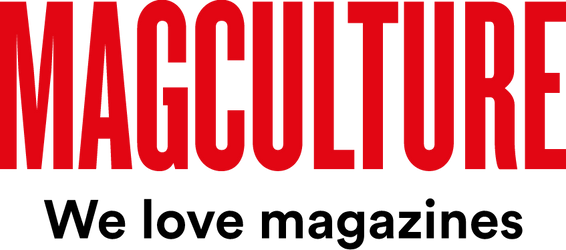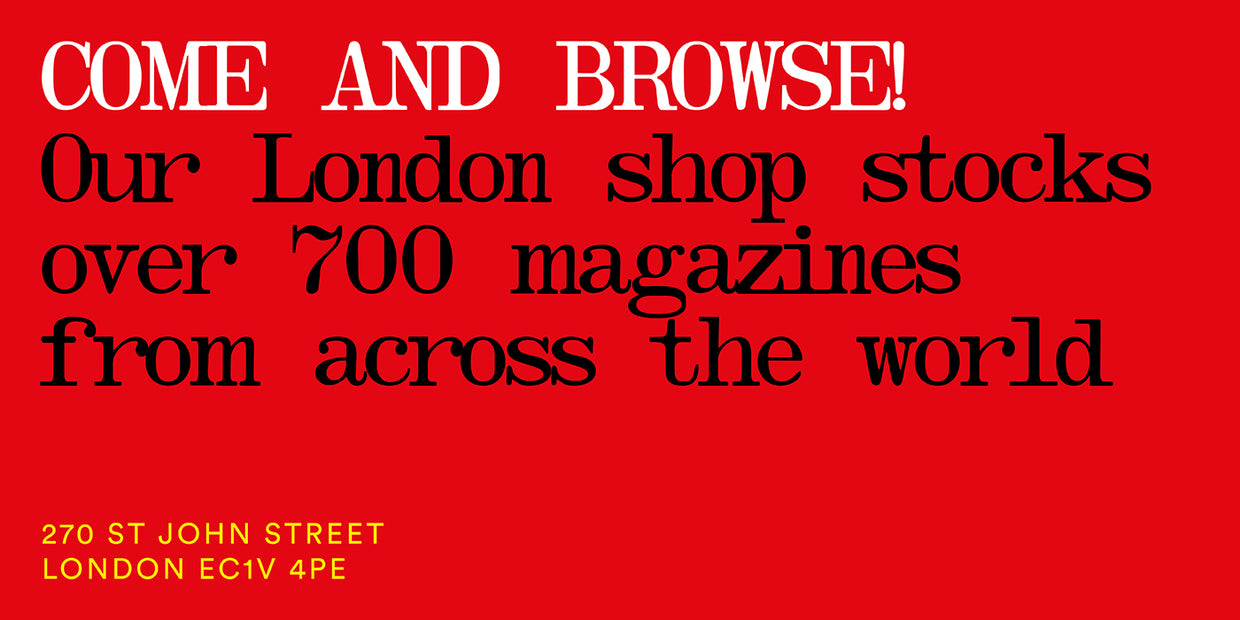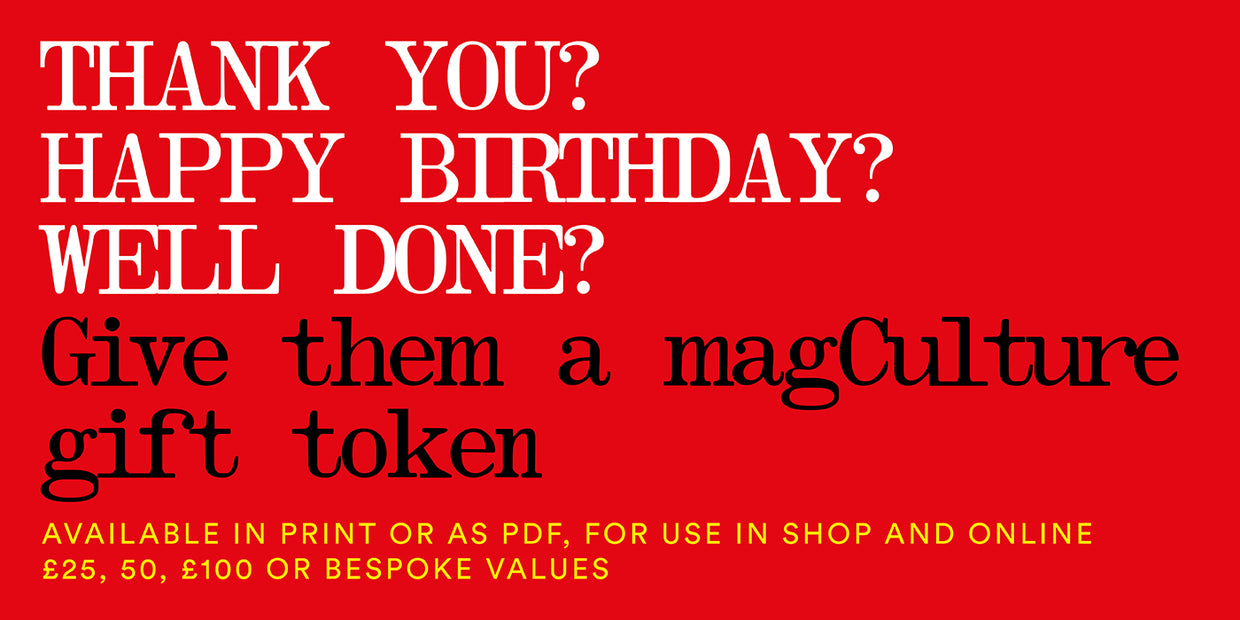
Paul Benney, Disco Pogo
18 years after the demise of Jockey Slut, its founders Paul Benney and John Burgess have returned to print with the wonderfully titled Disco Pogo, the latest in a stream of magazines confounding the idea that the music mag is dead.
As Paul tells about his working week (he’s also CEO of artist services company DMY) and influences, we learn about the origins of the new magazine, ‘We did a book about the late Andrew Weatherall in 2020 which went down really well and a lot of people on social media were saying we should relaunch the mag…’ Read on for the whole story.
What are you up to this morning?
I usually work from home on Mondays so my day starts with the alarm going off at 6am followed by tea, coffee and breakfast. I check stats like magazine sales and daily stream numbers related to Disco Pogo and DMY while eating my breakfast plus a sweep of social media and a quick look at emails to see if there is anything pressing to deal with.
Then I take my youngest daughter to school and walk our Welsh Terrier, Elmo, whilst listening to the Today programme on the BBC Sounds app. When it finishes at 9 I listen to music—probably something on Spotify or catching up with Gilles Peterson’s radio show from the weekend.
On Tuesdays and Thursdays I get the train into London at about 8am and usually start work on the train. From Fenchurch Street I cycle (using a hire bike) to DMY’s shared workspace in Haggerston called The Halley. It’s a great space on the canal and full of other music and media companies.

Describe your desk and your work space.
I’m usually at my desk by 9.30am and start thinking about what I need to get done that day. It might sound a bit Nathan Barley but I got a standing desk a few months ago and I love it. Sitting down all day just didn't feel good any more.
Sometimes Monday can be a bit of an admin day so catching up with the financial side of things and checking distribution and sales are often all on my to do list. There is a lot of admin involved in running any small business and magazines are no different.
But I still have music on all day, am surrounded by books, vinyl and magazines and can just about see the Thames Estuary (I live in Leigh-on-Sea) from my office window so it’s not all bad. I’ve also recently extended our wi-fi to the garden so if it’s warm enough I’ll sit out there with my laptop in the afternoon.

Which magazine do you first remember?
The NME was the first magazine that made a real impact on me followed by Melody Maker and Sounds—I ended up buying all of them every week. I would try to pick them up as soon as they hit newsstands every Wednesday and if I was in London would get very excited that you could get them on a Tuesday.
Back in the eighties and nineties, other than radio shows like John Peel’s, those magazines were the only way of hearing about new music. The writing was brilliant back then and they had a lot of influence over what people would buy—if a writer I trusted gave an album a good review I would usually buy it even if I hadn't heard any of the music before.
I remember buying The Happy Mondays ‘Bummed’ in a record shop in Aylesbury near where I worked at the time because of a good review in the NME and although it didn’t click straight away it kicked off my lifelong love of the band. It just doesn't happen like that any more—if you read a good review you can immediately check out the music online and decide if you think the reviewer is on to something or not!

Which magazine matters to you the most this morning?
I really like Record Culture as the design and photography is top quality and they often interview people in their own homes, studios or workplaces that you wouldn’t expect; I love the idea of 12 pages on someone most people have never heard of as it feels so brave.

I also love Noble Rot which is run by an old friend (Dan Keeling) who used to write for my old magazine Jockey Slut back in the nineties. It's about wine and food but applies a very acid house, rock n roll attitude to it which comes across as really fresh.

I also love Faith which is run by the old Boys Own crew - it's got that fanzine vibe that Boys Own had, is funny and full of attitude but it's also trying to cover house music in a way that no other magazine is doing right now.
What was the first record you remember buying/owning?
One of the first 7" singles I remember buying with my own money was a ridiculous track called ‘Da Da Da’ by German band Trio—I think I must have seen them on Top of the Pops and then bought it on the Saturday after in Woolworths, which was the cheapest place to buy records at the time.

Describe Disco Pogo in three words
Viva acid house.

Magazine names are really important—Jockey Slut and Disco Pogo are both brilliant names. Any secret to that?
Jockey Slut came from the term ‘media slut’ that The Manic Street Preachers were using at the time (1993). It was going to be a slogan on a t-shirt and then we decided to use it for our fanzine.

For us, the term meant (mostly male) clubbers that hung around DJ boxes trying to see what they were playing. We also thought it would get us, and the magazine noticed which it did. However, when we were thinking about re-launching Jockey Slut we knew we had to change it as some people had adopted it as a misogynistic term which was never our intention. So we decided to call the new magazine Disco Pogo as ‘Disco Pogo For Punks In Pumps’ was the slogan on issue two of Jockey Slut so there's a nice link there. And people seem to like the new name which we're really happy about.

It’s been 18 years since the demise of Jockey Slut—why return to print now? We did a book about the late Andrew Weatherall in 2020 which went down really well and a lot of people on social media were saying we should relaunch the mag. And print magazines are having a bit of a renaissance at the moment so we thought that maybe we could do something interesting that people would actually want to buy.
That’s how we came up with the idea of a twice yearly, almost coffee table magazine, but with great writing as well as nice original and archive photography.
The magazine is a mix of old and new music and scenes and older and younger journalists and photographers but helmed by the original Jockey Slut founders (myself and my partner John Burgess) plus the original Jockey Slut deputy editor (Jim Butler) and designer (Chris Jones).

Talk us through the crowdfunding process.
We decided to do a crowdfunder as we thought it was a good way to find out if people were really prepared to pay for the new mag. But we were very nervous about it as you can fail very publicly with crowdfunders which wouldn't have been much fun. The crowdfunder started very strong and then lulled a bit and we got a bit worried.
What really got it going again was creating a tier aimed at companies rather than just individuals. In the end so many great companies in the electronic music space supported us which we are very grateful for. When people saw the crowdfunding total was really moving everyone else jumped on board. In the end it was a great launchpad for the new magazine and has allowed us to pay all the contributing writers and photographers which we are really proud of.

Highlight one story in the issue that sums up the magazine.
One of my favourite pieces in the mag is a feature on nineties techno by one of the original Jockey Slut contributors Jonas Stone. It started out as a 3,000 word piece but Jonas was speaking to all the main players like Jeff Mills, Laurent Garnier and Dave Clarke and getting so much great content that it grew to 5,000 and then ended up at 7,000.
It’s like a New Yorker style deep dive that I'm not sure you would find in any other magazine or online. When we're trying to think about what to cover we're always trying to think about how we can do things differently. If we can't do something differently then we at least aim to do it incredibly well. Artists with personalities help - when we started Jockey Slut people thought dance music was faceless. We disagreed and found plenty of great artists with personalities to match.
What one piece of advice would you offer somebody wanting to launch their own publication?
I’m not sure anyone needs my advice but if pushed I would say that to do a magazine well you need a vision plus plenty of enthusiasm and capacity for hard work and some late nights. Magazines are a labour intensive business!
What are you most looking forward to this coming week?
We’re having a rare face to face team meeting on Wednesday to start planning the next issue of the magazine so I’m looking forward to that. I’m perfectly happy communicating with people via video calls some of the time but you can’t beat sitting around a table with your team and a stack of magazines to remind yourself why you got into all this in the first place!


